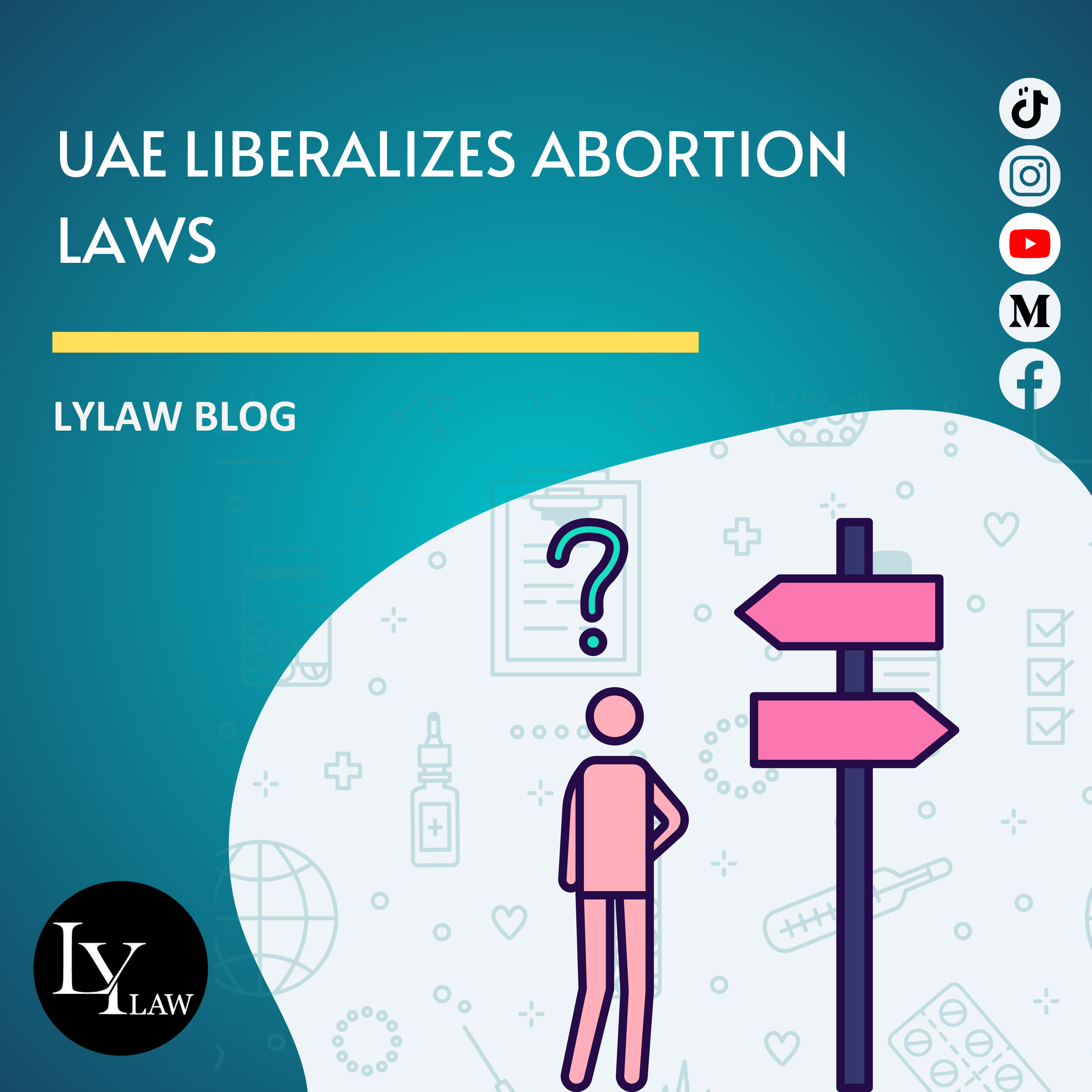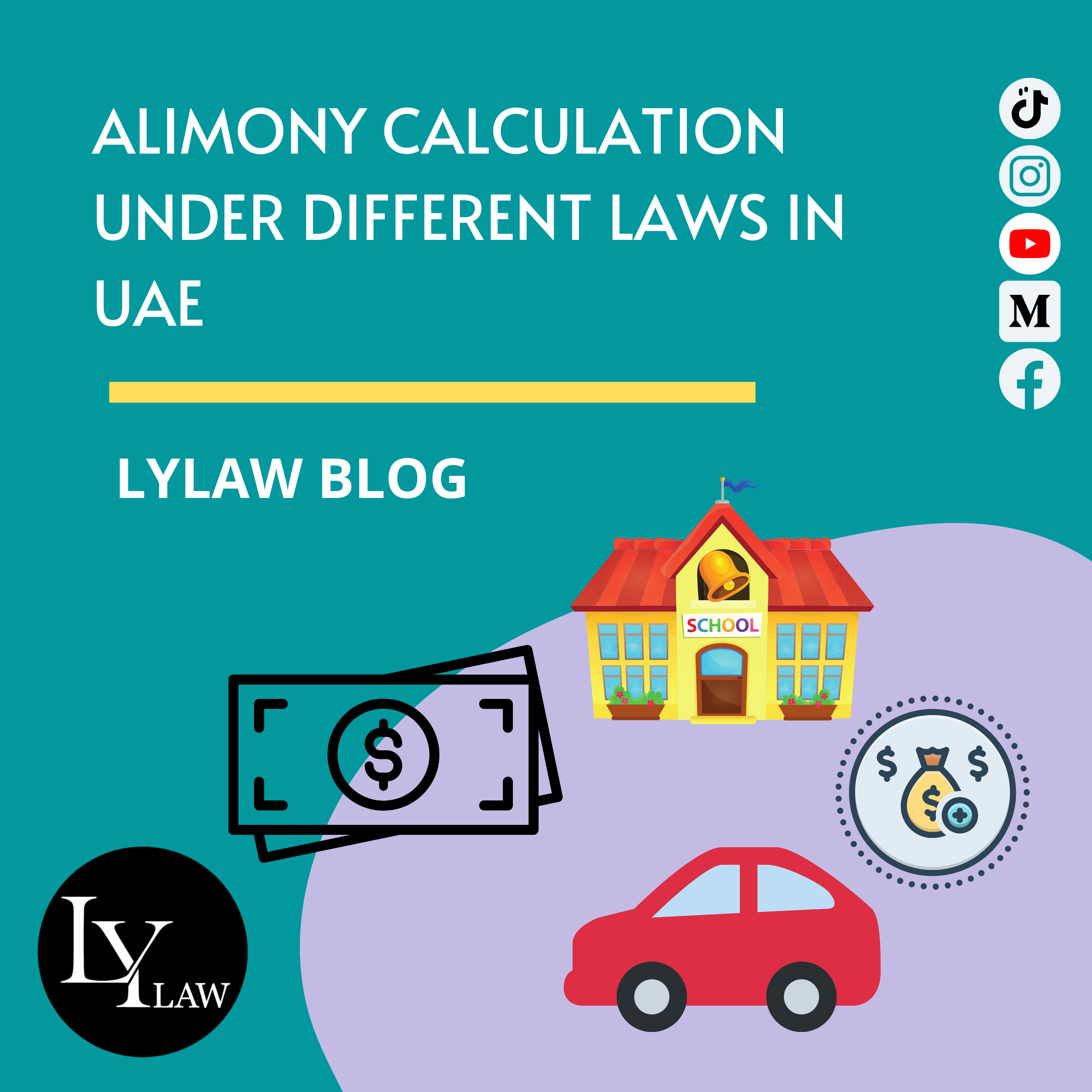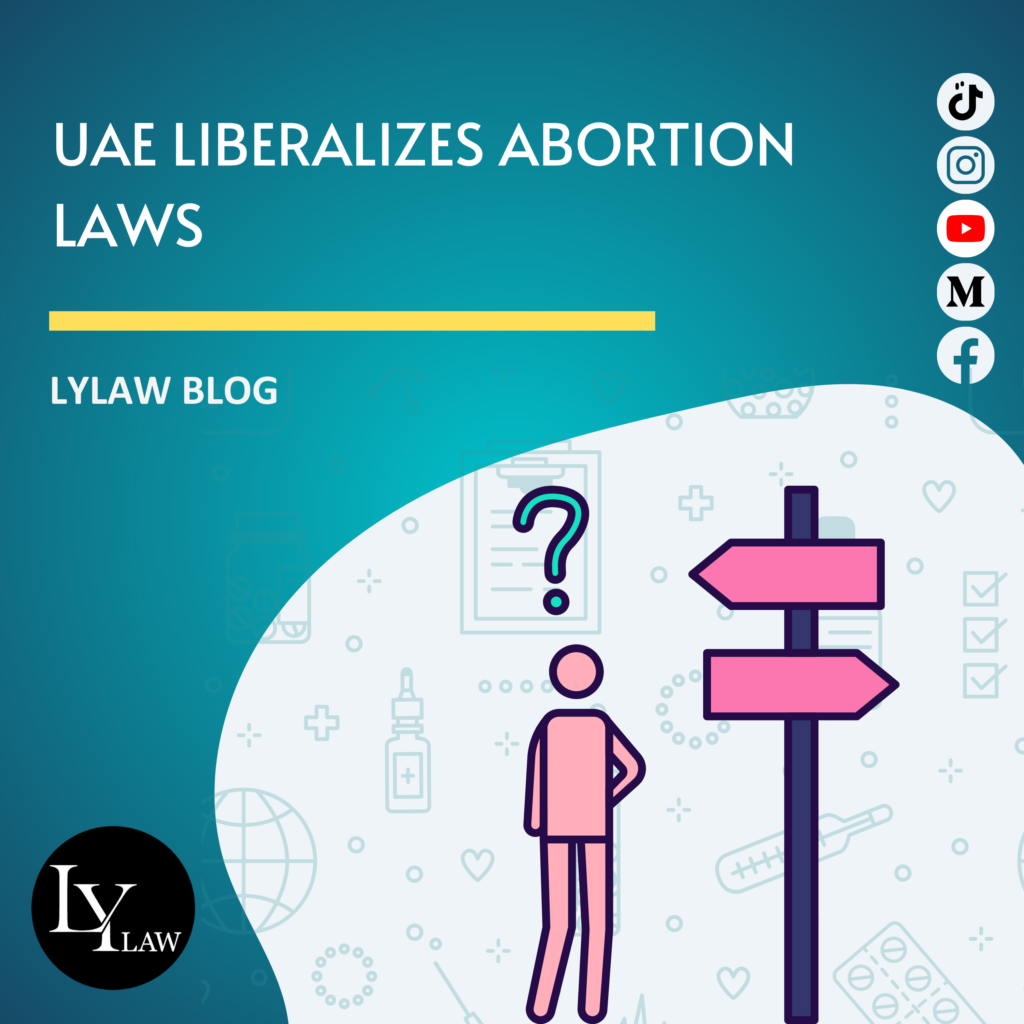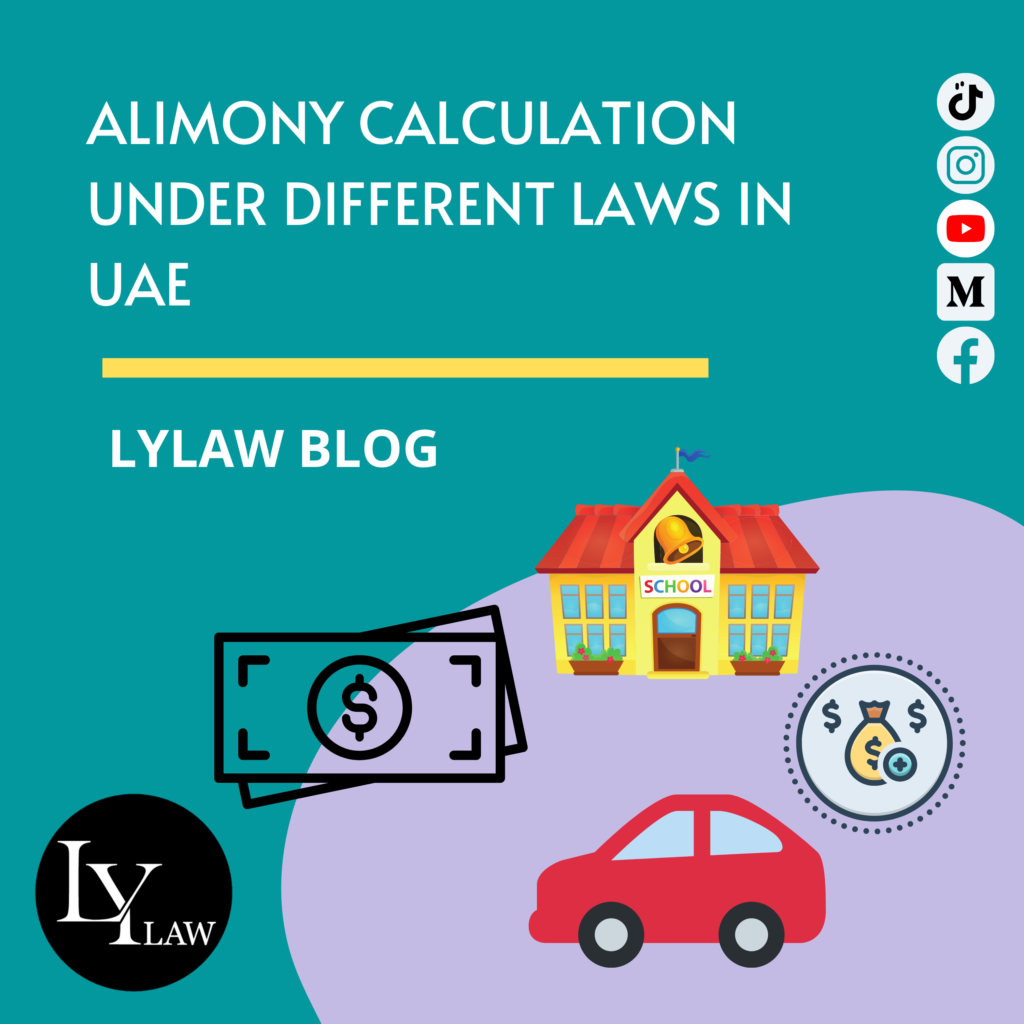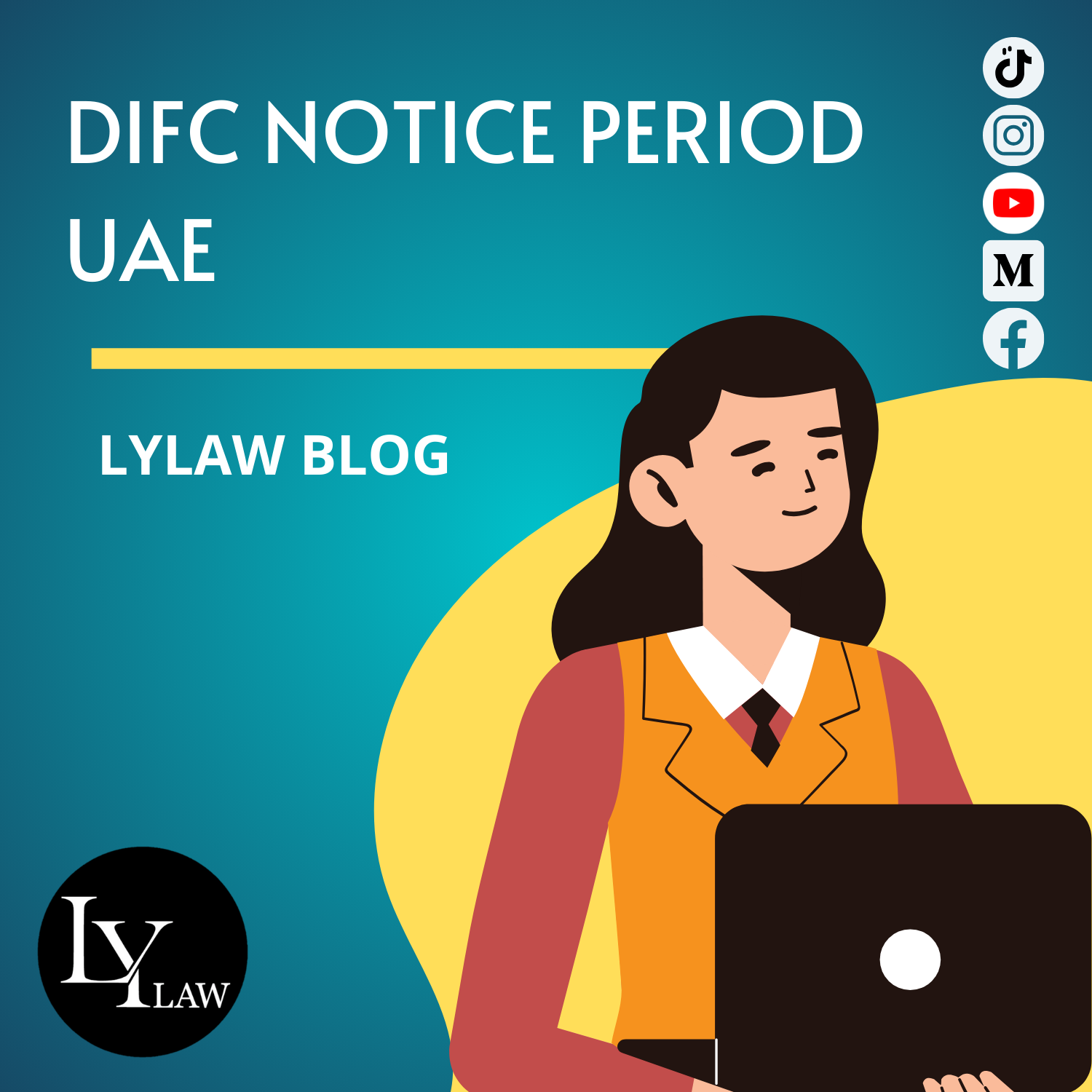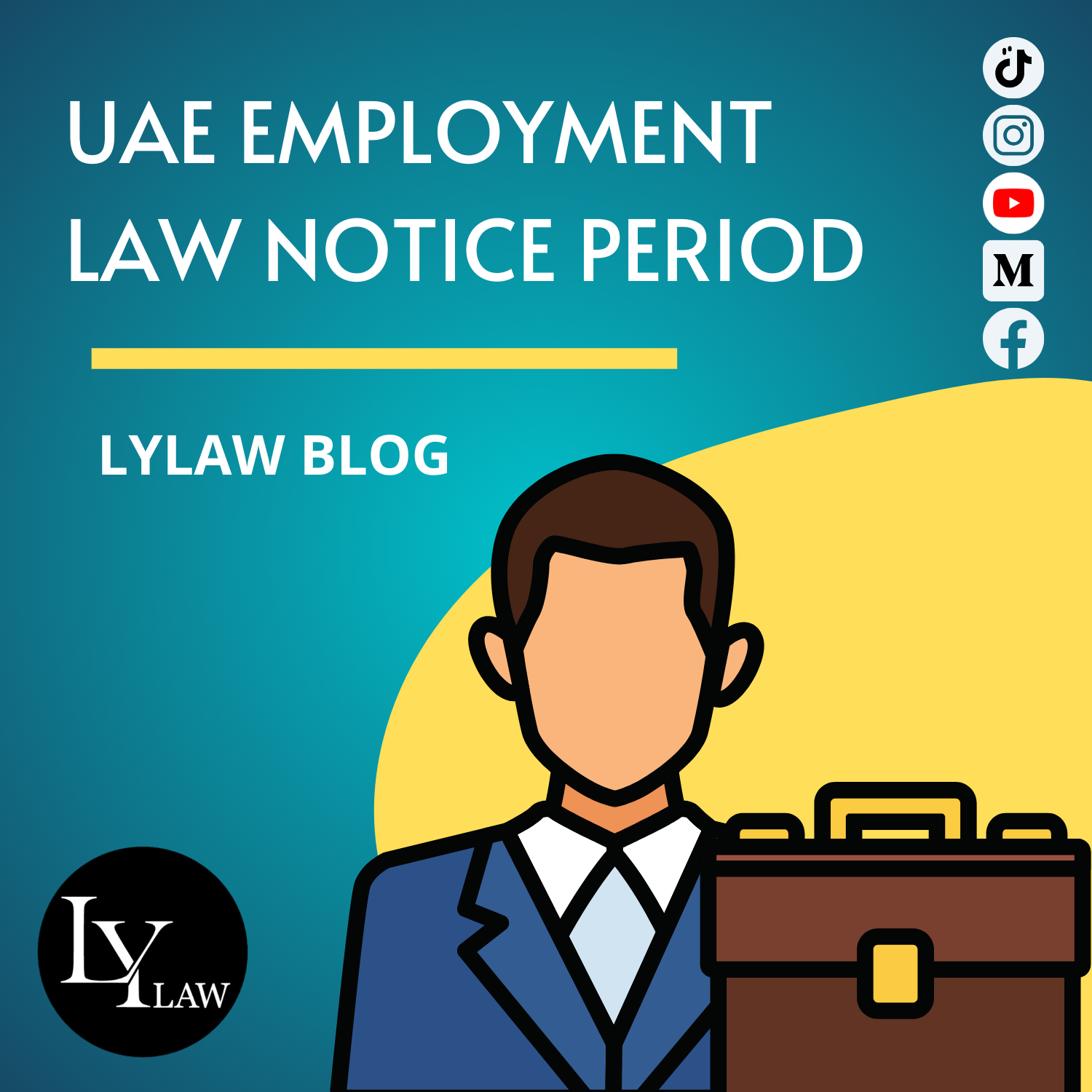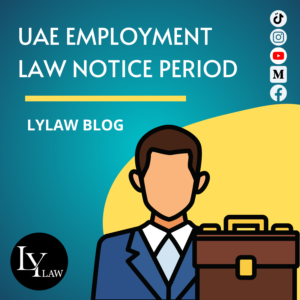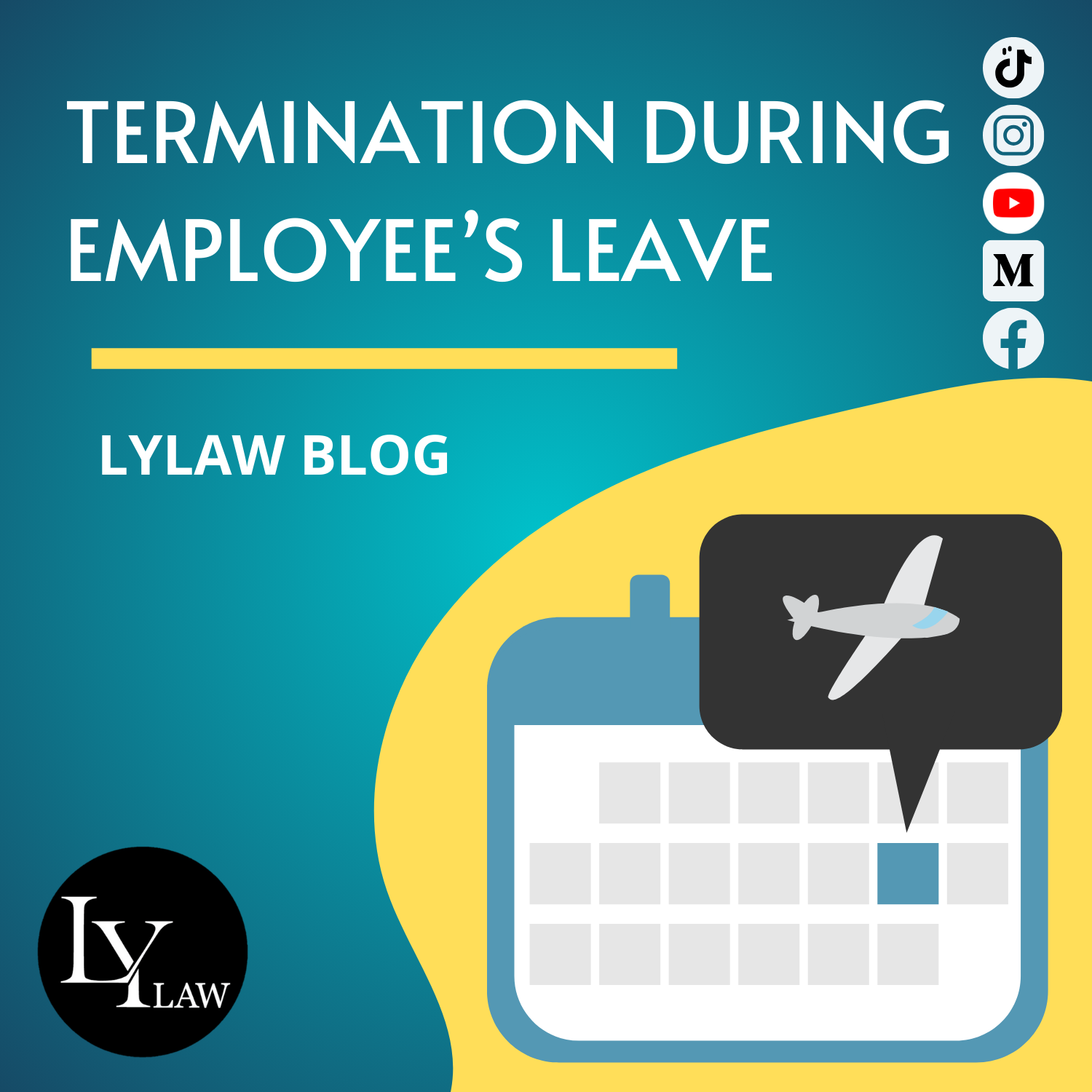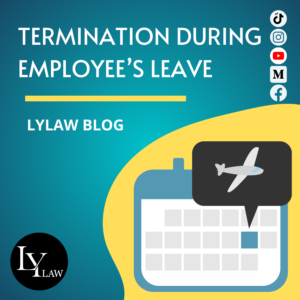Freezing orders, also known as asset freezing orders or Mareva injunctions, are powerful judicial tools used to prevent defendants from dissipating their assets. This guide provides a detailed overview of freezing orders, with a focus on their application in the UAE’s legal system, including the Dubai Courts, DIFC Courts, and ADGM Courts.
- WHAT ARE FREEZING ORDERS?
Freezing orders are a form of interim relief or injunction that prohibits a defendant from disposing of, dealing with, or moving their assets for a specific period. The primary purpose of a freezing order is to maintain the value of the defendant’s assets, ensuring they are available for enforcement if the claimant secures a favorable judgment.
- KEY CHARACTERISTICS
Freezing orders do not remove the defendant’s access to their assets but require parties like banks and land authorities to limit the defendant’s dealings with these assets. These orders can be issued ex-parte (without notice to the defendant) and are typically accompanied by a penal notice, outlining the repercussions of breach, such as contempt of court, fines, or imprisonment.
- REQUIREMENTS FOR CLAIMANTS
To request a freezing order, claimants must demonstrate:
a. Sufficient proof of a substantial risk that the defendant may attempt to dissolve or move their assets.
b. Knowledge of the defendant’s assets.
c. A substantive legal claim against the defendant.
- FREEZING ORDERS IN DUBAI COURTS
In Dubai Courts, the equivalent of a freezing order is known as a ‘precautionary attachment’ order, provided for under Articles 247-251 of the UAE’s Civil Procedures Law.
- Provisions for Precautionary Attachments
Claimants can request an attachment over the defendant’s assets before filing a substantive legal claim. Assets commonly subject to attachment include bank accounts, property, vehicles, company shares, furniture, and office equipment. Precautionary attachments are available when a debt is owed, and there is evidence that the debtor might escape the UAE or move assets.
- Process and Conditions
Article 249 allows for attachments even without an enforceable document, provided the debt amount is specified. To attach property, a request must be accompanied by an official copy of the title deed. Claimants must file their substantive claim within 8 days of the attachment order issuance, or the attachment is lifted. The attachment order is void if enforcement proceedings do not commence within 30 days of the final judgment.
- FREEZING ORDERS IN DIFC COURTS
The DIFC Courts have expansive powers to issue freezing orders, as regulated by the DIFC Court Law and DIFC Court Rules.
Key Statutes:
- Dubai Law No. 10 of 2004: Grants the DIFC Courts the power to issue injunctions.
2. DIFC Courts Rules: Allow for freezing orders on assets both within and outside the DIFC’s jurisdiction and without notice to the defendant.
Case Example: Party A v Party B (2022)
The DIFC Courts issued a freezing order covering all of the defendant’s Dubai assets, even though neither party was DIFC-based, and there were no ongoing DIFC proceedings. The court justified the order by highlighting a “non-trivial risk” of asset dissipation.
Additional Powers:
The DIFC Courts can issue worldwide freezing orders and search orders, permitting entry into the defendant’s premises to search for documents and items. Orders can include the requirement for defendants to disclose information about their assets exceeding a certain value.
- FREEZING ORDERS IN ADGM COURTS
Similar to the DIFC Courts, the ADGM Courts can issue freezing orders for assets outside their jurisdiction and before substantive legal proceedings commence. The ADGM legal framework closely mirrors the UK Courts’ jurisprudence.
Case Example: ADGM Freezing Order against B.R. Shetty
The ADGM Courts issued a freezing order based on a “good arguable case” and a “real risk of dissipation,” demonstrating the application of English common law principles.
- COMPARATIVE ANALYSIS: DIFC COURTS VS. DUBAI COURTS
Scope of Assets:
DIFC Courts – Can apply to assets outside DIFC jurisdiction.
Dubai Courts – Generally limited to assets within Dubai Courts’ jurisdiction.
Indirect Ownership:
DIFC Courts – Can apply to indirectly owned assets.
Dubai Courts – Limited to assets registered in defendant’s name.
Disclosure Orders:
DIFC Courts – Can request alongside freezing orders.
Dubai Courts – Cannot request an order for disclosure of assets.
Specific Asset Identification:
DIFC Courts – Not required.
Dubai Courts – Must identify existing assets.
Multiple Claimants:
DIFC Courts – Single application possible.
Dubai Courts – Separate applications required.
Evidential Threshold:
DIFC Courts – “Good arguable case”
Dubai Courts – Potentially higher threshold.
Commencement of Proceedings:
DIFC Courts – May issue directions for claims.
Dubai Courts – Must commence substantive proceedings within 8 days.
CONCLUSION
Freezing orders are crucial tools in safeguarding the claimant’s interests by preventing defendants from dissipating their assets. The DIFC Courts, with their expansive and flexible jurisdiction, offer a robust mechanism for issuing freezing orders, even in complex international contexts.
While the Dubai Courts also provide a similar remedy through precautionary attachments, the DIFC and ADGM Courts’ alignment with English common law principles often makes them more favorable jurisdictions for securing such orders.
Understanding the nuances and applications of freezing orders across different UAE jurisdictions can significantly impact the strategic decisions made in pursuing legal remedies.
Firm’s Podcast on freezing orders: https://lylawyers.com/podcast/freezing-orders-uae/




